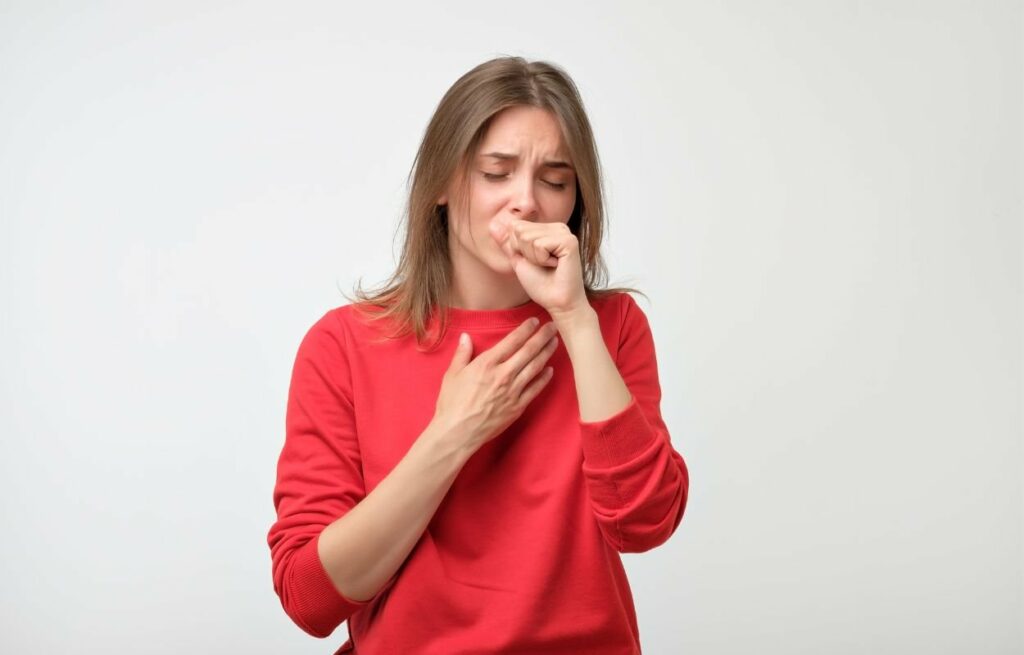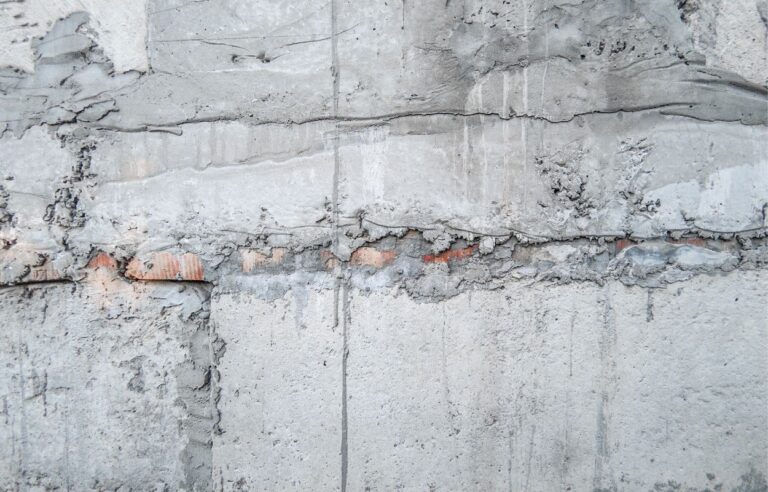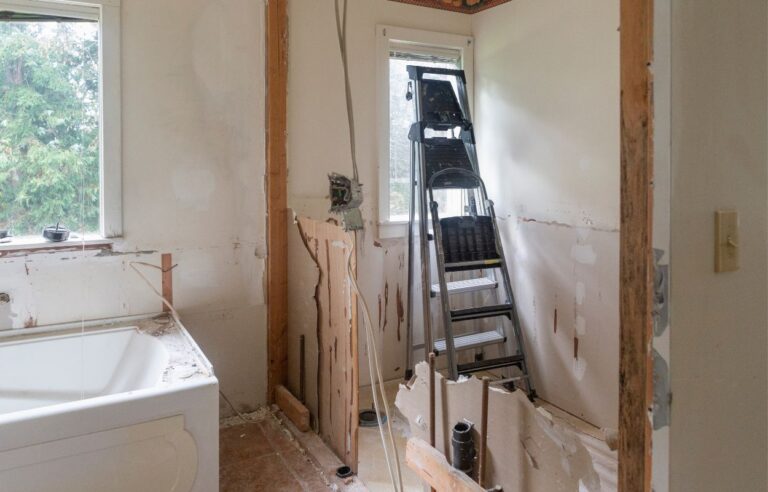
Mold. It’s one of those things that can easily slip under your radar until it’s too late. You might notice a little musty smell in your home, or you might spot a few dark spots on the walls, but before you know it, mold is taking over. And if you’ve ever had to deal with mold, you know it’s not just a nuisance—it can be a serious health issue. In this post, we’re going to dive into how mold exposure can affect your health, what to look out for, and how mold abatement in Port Alberni can help you breathe easier.
WHAT EXACTLY IS MOLD?
Let’s start with the basics. Mold is a type of fungus that grows in damp, warm, and humid environments. It thrives in areas where there is water damage or high humidity, like bathrooms, kitchens, basements, and even attics. Mold spores are everywhere, but when they find the right conditions to grow, they multiply and can cause a host of problems—especially for your health.
THE COMMON HEALTH EFFECTS OF MOLD EXPOSURE
You’ve probably heard that mold isn’t great for you, but what exactly does it do to your health? The truth is, mold can affect your health in several ways, and it’s different for everyone. Let’s take a closer look at some of the most common health issues related to mold exposure.
Respiratory Problems
One of the first things mold can affect is your respiratory system. Mold spores are microscopic, so you can inhale them without even knowing it. When mold spores enter your lungs, they can cause a variety of respiratory issues, including coughing, sneezing, wheezing, and shortness of breath.
For people with asthma or other pre-existing respiratory conditions, mold can make symptoms much worse. If you’re already sensitive to allergens, mold exposure can trigger a full-blown asthma attack or make you feel like you can’t catch your breath.
Allergic Reactions
Even if you don’t have a chronic respiratory condition, mold can still trigger an allergic reaction. The symptoms might be similar to those of a cold, but they’ll last much longer and might be harder to shake off. Common allergic reactions to mold include a runny or stuffy nose, itchy or watery eyes, skin rashes, and throat irritation.
If you notice these symptoms appearing whenever you’re at home, mold could be the culprit. It’s important to get to the root of the issue, especially if the symptoms don’t seem to go away on their own.
Sinus Issues
Mold exposure is also linked to sinus problems. If your sinuses are constantly inflamed, it could be a sign that mold is affecting your health. Mold can irritate the lining of your sinuses, leading to sinus infections and chronic congestion. If you find that your sinuses never seem to clear up, it might be time to take a look around your home for mold.
Aggravating Asthma
For people with asthma, mold exposure is a big problem. Mold can worsen asthma symptoms, making it harder to breathe and leading to more frequent flare-ups. It’s especially dangerous for kids or adults who have sensitive airways. Mold spores can cause inflammation in the airways, and over time, this can lead to worsening asthma symptoms and more frequent asthma attacks.
Weakened Immune System
Mold doesn’t just affect your respiratory system—it can also affect your immune system. Prolonged exposure to mold can weaken your immune system, leaving you more vulnerable to infections and illnesses. This is particularly concerning for individuals with compromised immune systems, such as the elderly, young children, or those with autoimmune diseases.
Mental Health Effects
You might be surprised to learn that mold exposure can also affect your mental health. Studies have shown that exposure to mold can cause symptoms like headaches, fatigue, difficulty concentrating and memory problems.
Some people even report feeling “foggy” or “distracted” when exposed to mold over time. This can have a serious impact on your day-to-day life, as you may feel less focused or more tired than usual.
WHAT TO DO IF YOU SUSPECT MOLD IN YOUR HOME
If you’ve noticed signs of mold in your home, like a musty smell or visible mold growth, don’t wait too long to address it. Mold can spread quickly, and the longer it goes untreated, the more health problems it can cause. So, what should you do if you suspect mold is lurking in your home?
Keep Your Home Dry
The first thing you can do is try to keep your home dry. Mold loves moisture, so if you have leaks in your roof, plumbing, or windows, make sure to fix them as soon as possible. You can also use dehumidifiers to reduce the moisture in the air, especially in areas like your basement or bathroom.
Get the Mold Checked
If you think you might have mold, it’s best to get it checked out. Sometimes the mold isn’t visible to the naked eye, but that doesn’t mean it’s not there. Professional mold inspectors can test your home for mold and check for hidden mold behind walls or under floors. If you live in Port Alberni or nearby, mold abatement in Port Alberni is a great option to help you find and remove mold in a safe and efficient way.
Call a Professional
Mold removal isn’t a DIY job. Sure, you might be able to scrub a little surface mold with bleach, but if the mold has spread deep into your walls or floors, you’ll need professional help. Mold remediation experts know exactly how to safely remove mold and prevent it from coming back.
PREVENTING MOLD IN THE FUTURE
Once you’ve taken care of the mold problem, it’s time to think about prevention. The last thing you want is for mold to come back after you’ve gone through all the trouble of getting rid of it. Here are a few tips to keep your home mold-free:
Fix leaks quickly: Whether it’s a leaky faucet or a broken pipe, make sure to address leaks immediately to prevent mold growth.
Ventilate your home: Open windows, use fans, and run exhaust fans in kitchens and bathrooms to keep the air circulating.
Use mold-resistant products: When remodeling, consider using mold-resistant paint or materials in areas prone to moisture.
Regular cleaning: Keep an eye on high-humidity areas and clean them regularly to prevent mold from setting in.
CONCLUSION
Mold exposure is no joke when it comes to your health. It can affect your respiratory system, trigger allergies, worsen asthma, and even mess with your mental well-being. If you suspect mold in your home, it’s crucial to get it taken care of quickly—especially if you live in an area like Port Alberni, where humidity and moisture can make mold problems worse. Mold abatement in Port Alberni is a great way to ensure your home is mold-free and safe for you and your family.
Don’t wait for the mold to spread. Keep an eye on your home’s moisture levels, address leaks right away, and don’t hesitate to call in the pros if you suspect a mold problem. Taking these steps will help protect your health and keep your home comfortable for everyone.
